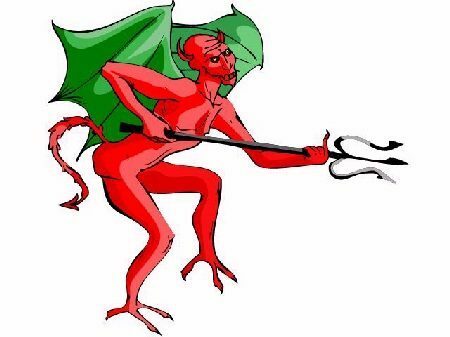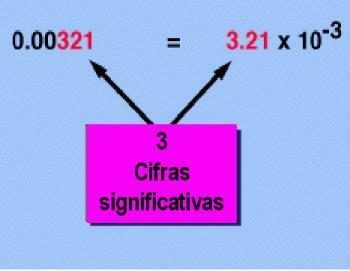Voltaire Francois-Marie Arouet's Thought
Philosophy / / July 04, 2021
Voltaire was born in Paris, on November 21, 1694 with the name of François Marie Arouet, he was a writer, historian, philosopher and lawyer who became one of the quintessential representatives of the enlightenment European. He was a member of the French Academy.
Voltaire, was characterized by his rejection of everything that was irrational and incomprehensible and actively fought against intolerance, tyranny and superstition. His morals were based on freedom of thought and respect for all individuals and that literature was the one that should deal with the problems of his time.
“If there were only two men in the world, they would live together, they would support each other, they would hurt each other, they would caress, they would insult, they would hit each other and they would reconcile later. They could not live without each other, nor could they live together. The same thing that happens to us today would happen to them, fulfilling human destinies ”. (Natural or people's law, Voltaire).
Contrary to Rousseau's "good savage" thesis, Voltaire does not believe in any natural innocence and goodness of man. It is not society, the State or culture that perverts and denigrates that original innocence of man, but rather that it is man himself who generates his misery. Ethics are not subordinate to politics, because it is part of our own nature. For Voltaire, human intelligence by itself can denounce, criticize and correct some prejudices and errors, but by itself it cannot eradicate them.
Voltaire explains his theory through literature: “Until today I have not conceded to any man who has governed a State. Saying this, I am not referring to the ministers who effectively govern the nation for two or three years, six months or six weeks; I am referring only to those illustrious men who from the bottom of their cabinet develop their system of government, reform the army, the Church, the magistracy and the Treasury ”.



